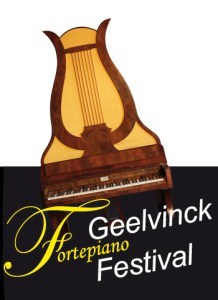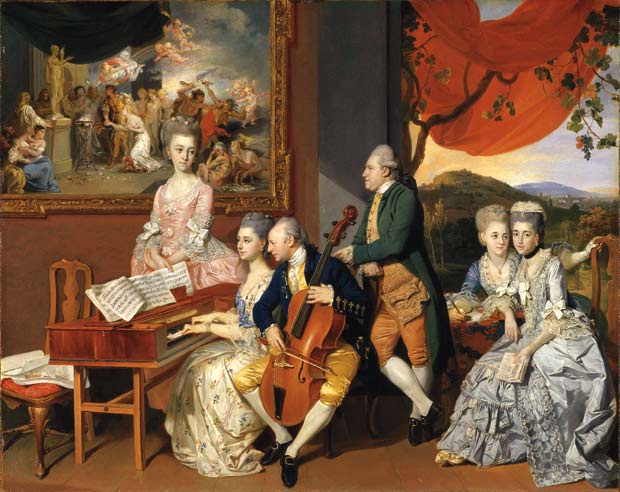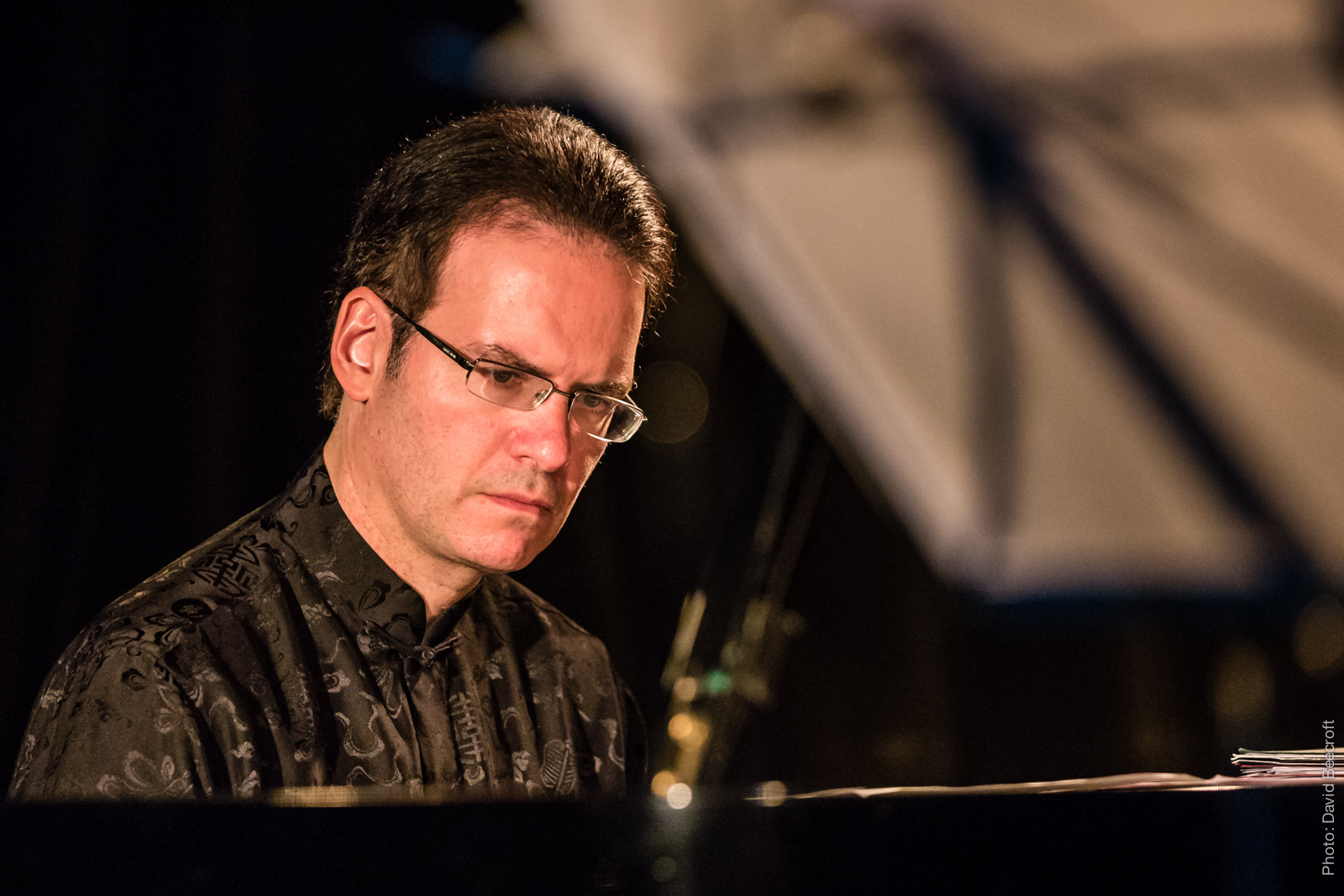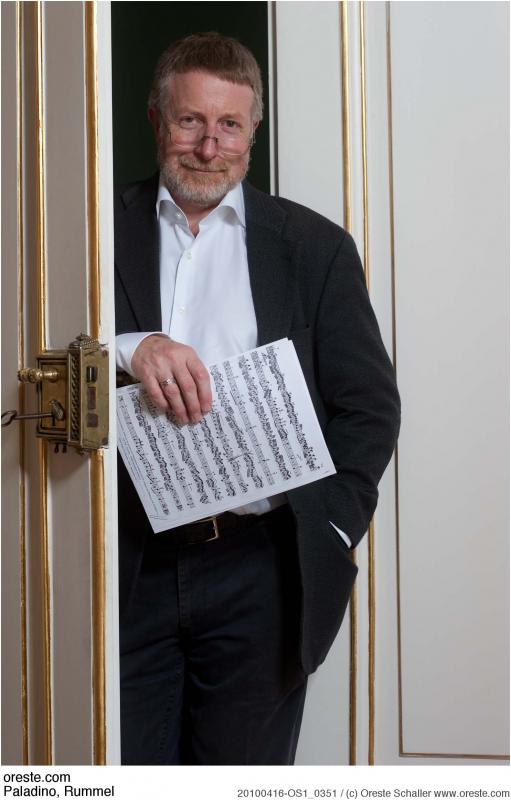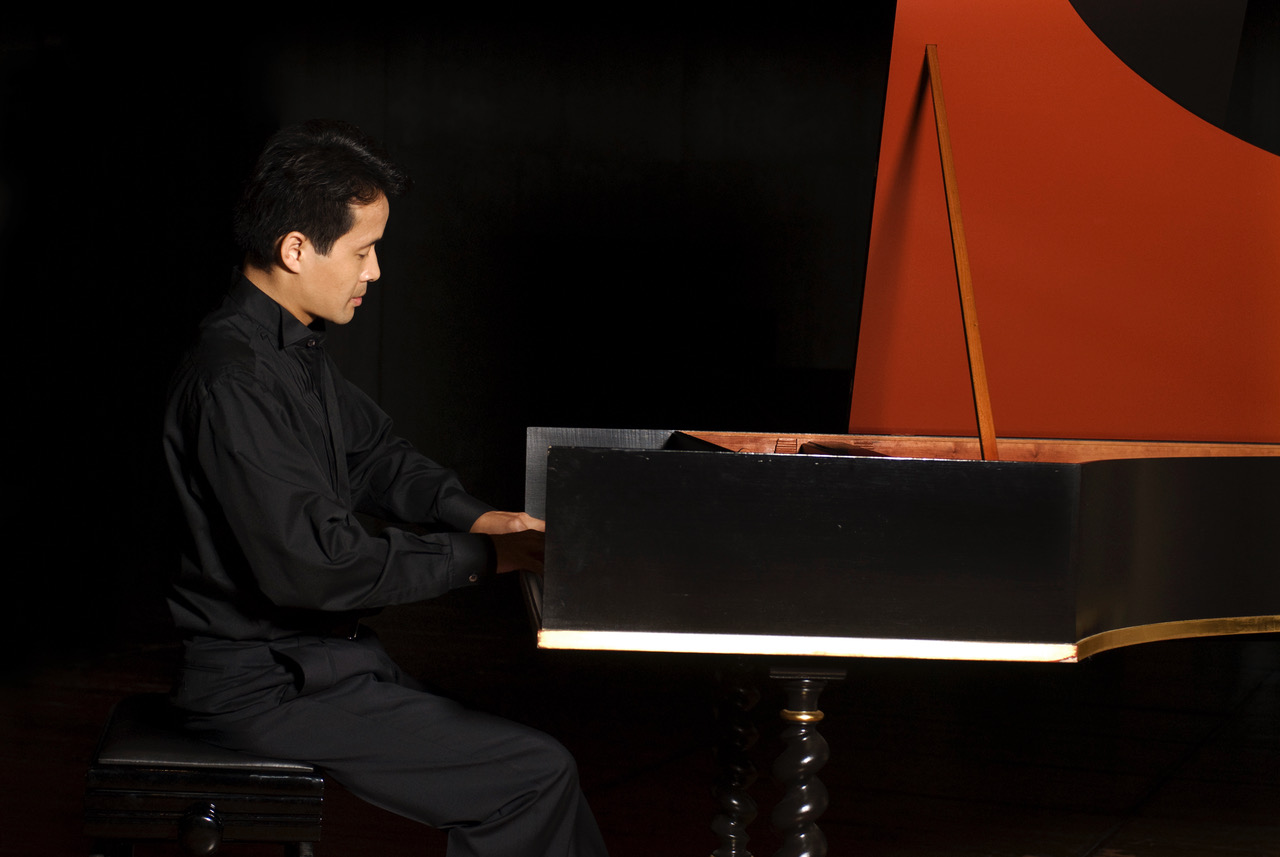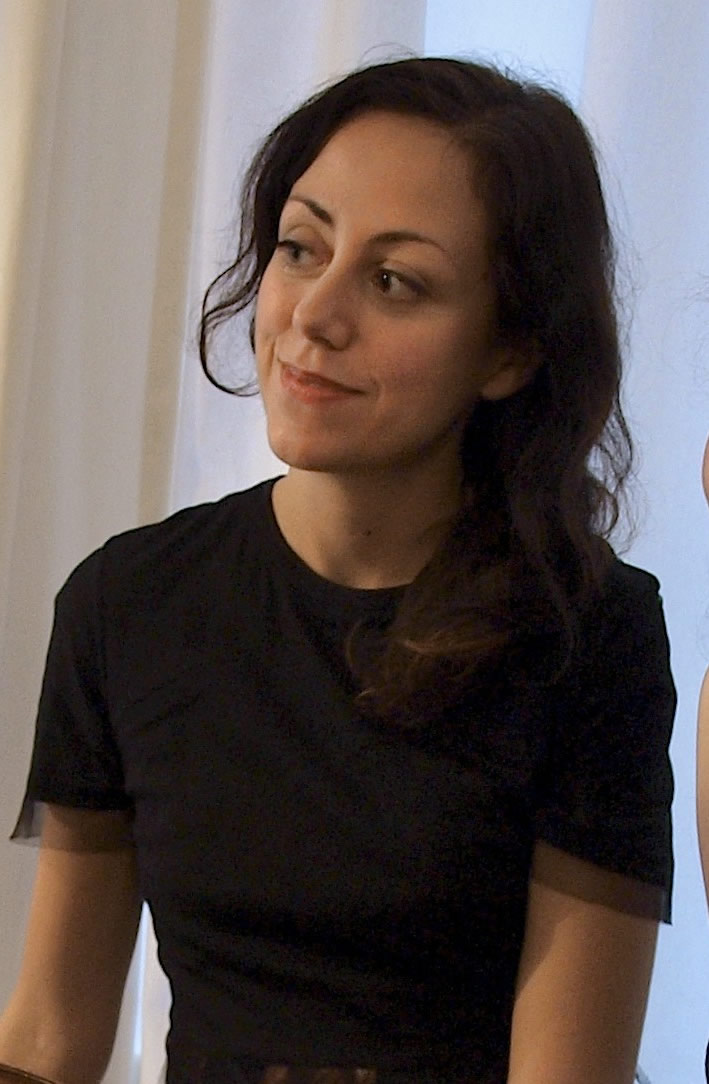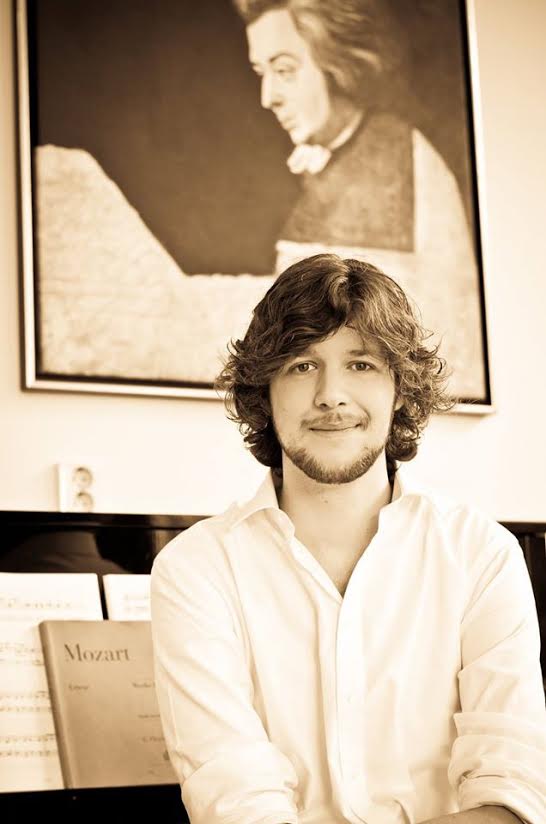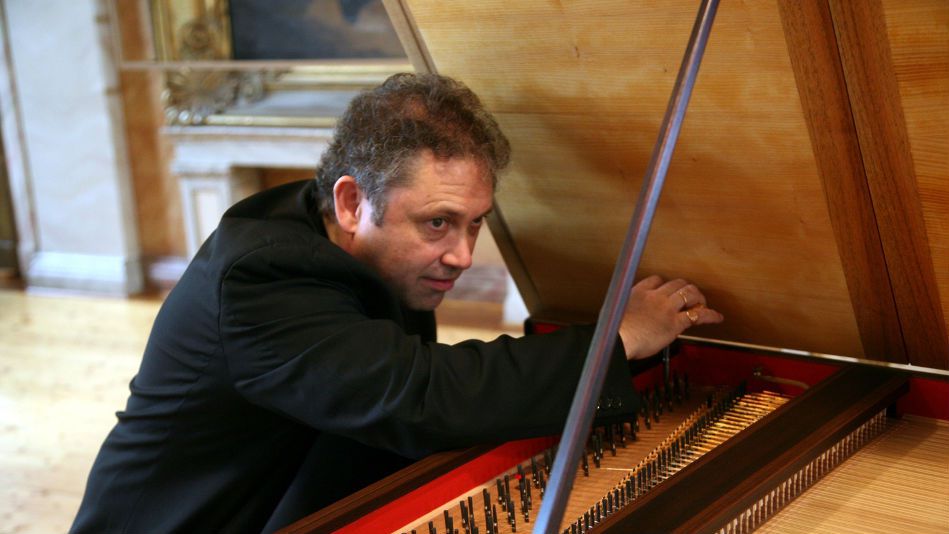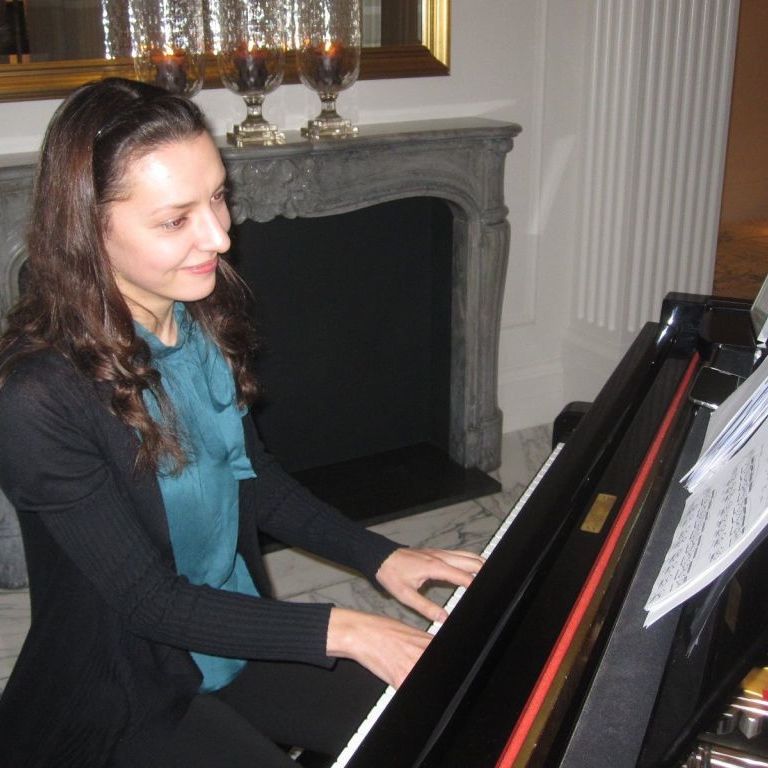4th INTERNATIONAL GEELVINCK FORTEPIANO SYMPOSIUM
21 oktober 2017 | 10.30 uur
| Muziek Museum Zutphen, Zutphen
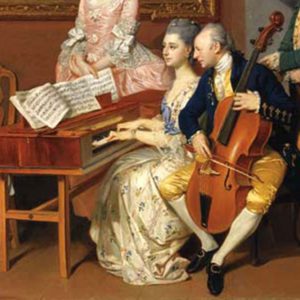
THE NEW AESTHETICS:
FORTEPIANOS AND THE MUSIC OF FEELINGS
10:00 Registration Opens
10:30 Introduction by Dr. Michael Tsalka (Artistic Director Geelvinck Festival)
10:40 Lecture-Recital by Prof. David Chung (Baptist University, Hong Kong)
Interpreting BWV 903:
A Case Study in Creativity and Composer-Performer Co-creation
– Zumpe square piano 1769
– Böhm fortepiano c. 1820
11:20 Lecture-Recital by Tullia Melandri (Italy/Netherlands)
Re-Thinking Schumann:
Forgotten Pianos and Performance Practices of 1830s and 1840s
– Böhm fortepiano c. 1820
12:00 Lecture-Recital by Prof. James Tibbles (Auckland University, New Zealand)
Insights into 18th century keyboard transcriptions
Based on Dittersdorf ‘Ajax’, Clementi ‘Batti, Batti’ and Wanhal ‘Trauersang’
– Böhm fortepiano c. 1820
12:40 LUNCH BREAK
13:10 Lecture by Ms. Yana Borisova (Bulgaria)
Reimagining Early Music:
Early XXth-Century Recordings and the Case for Interpretative Freedom
– recordings
13:50 Lecture-Recital by Dr. Michael Tsalka
Not Only Haydn, Mozart and Beethoven:
Unknown Masters of the Classical and Early Romantic Periods
– Zumpe square piano 1769
– Böhm fortepiano c. 1820
14:40 Lecture-Recital by Tom Bouwman (Netherlands)
World première on fortepiano of the final notes of Mozart’s Menuet KV 355
(publication in the Wiener Urtext, Universal Editions, Henle, in 2018)
– Heilmann fortepiano c. 1790
15:20 COFFEE BREAK\
End of the symposium
LET OP: het volgende onderdeel vanaf 15.30 uur is verzet naar november, vanwege de herfstvakantie
Please note the following meeting has been moved to November, because of the Fall Holidays
Netherlands Platform for Music and Musical Instruments Collections
– introduction by dr. Jurn Buisman
– George Eilander – Nederlands Harmonium Museum
– discussion Sounding Heritage and the potential of the Beethoven Year 2020
– speakers’ corner
Networking drinks and visit the museum
Heeft u belangstelling voor het Platform, dat in november plaatsvindt; mailt u ons op info@geelvinck.nl
Evening concert at Museum Cromhouthuis in Amsterdam (not part of the symposium):
20:15 Concert by Richard Egarr & Alexandra Nepomnyashchaya (Cromhouthuis)
Let op: er rijdt geen minibus, omdat het symposium tijdig eindigt (15.30 uur).
The full symposium is free of charge for / vrij entree :
– participants of the masterclass / International Geelvinck Fortepiano Concours 2018
– Vrienden Geelvinck en degenen die donaties en schenkingen aan het museum hebben gedaan / museum friends and donors
– members of the Friends of the Square Piano
– leden / members ICOM & ICOMOS
– leden / members REMA
– studenten / students
– musici / musicians, muziekwetenschappers / music scientists, conservatoren / curators, museummedewerkers / museum staff, muziekinstrumenten verzamelaars / musical instrument collectors
– muziekdocenten / music teachers
– geïnteresseerden t/m 27 jaar / youngsters up to 27 years
Wel vragen wij een bijdrage van € 4,50 voor de lunch (geldt niet voor masterclass deelnemers).
Except for master class participants, we request a small fee of € 4,50 to cover the costs of the sandwich lunch.
Voor alle overige geïnteresseerden geldt een entree ad € 9,00 (inclusief lunch).
All others: € 9,00 p.p. (includes sandwich lunch)
Let op: indien u uitsluitend deelneemt aan het gedeelte vanaf 15.30 (Nederlands Platform voor Muziek- en Muziekinstrumenten Collecties) betaalt u niet voor de lunch en is deelname derhalve gratis.
For abstracts, please click on “Bekijk het concertprogramma”.

